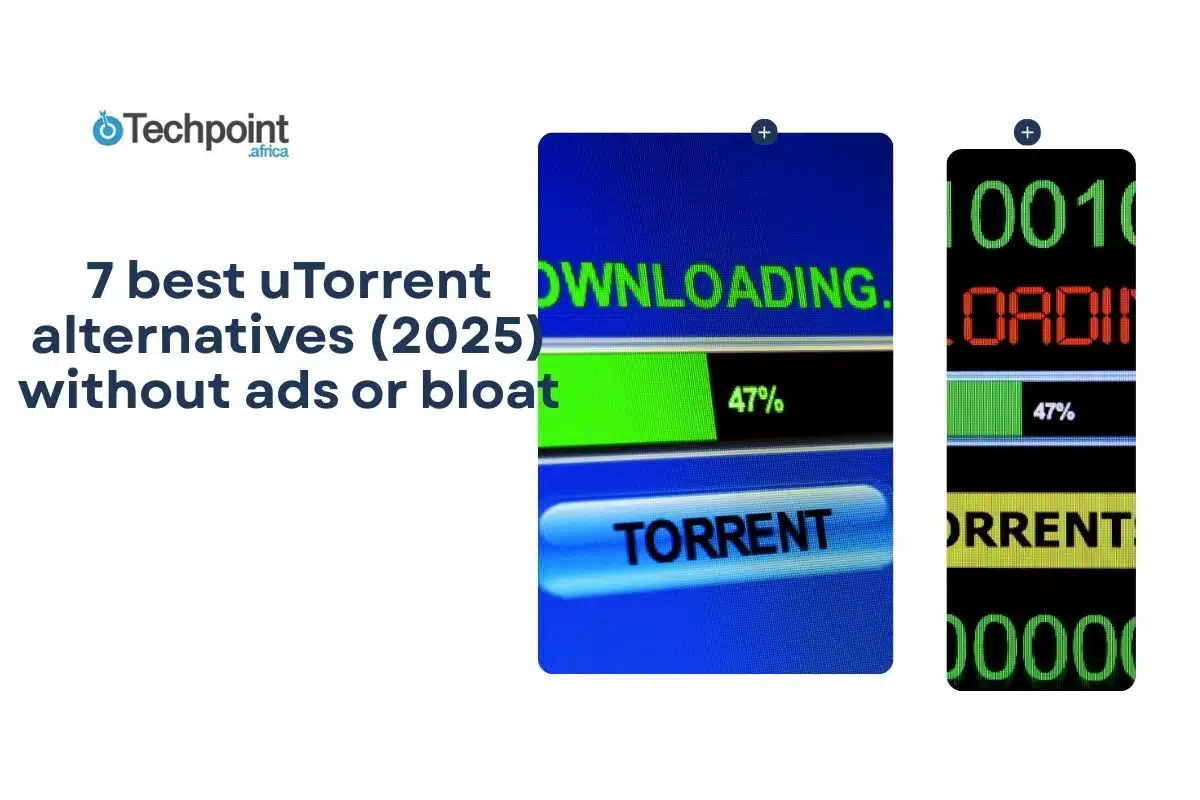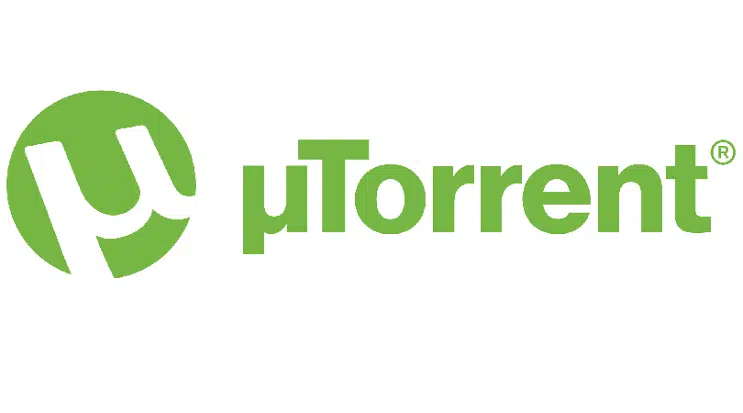
uTorrent used to be the go-to torrent client for lightweight, fast, and easy use. However, over the years, it has evolved into a bloated app riddled with ads, bundled software, and privacy concerns. After more than a decade of using it, I finally decided to test alternatives. Over the course of three weeks, I tested seven different BitTorrent clients that were ad-free and bloat-free, running real torrents on a high-speed connection. The torrent client you should use instead.
In this guide, you will learn
- Which uTorrent alternatives are fast, lightweight, and ad-free?
- How each torrent client performed in real-world tests.
- The strengths and limitations of seven different BitTorrent clients.
- How to Switch from uTorrent to a Better Option Without Losing Your Downloads.
The 7 best uTorrent alternatives (ad-free & lightweight)
- qBittorrent — The Perfect Replacement
- Transmission — The Lightweight Champion
- Deluge — The Modular Powerhouse
- BiglyBT — The Privacy-Focused Fork
- Tixati — The Feature-Rich Alternative
- PicoTorrent — The Ultra-Minimal Option
- Vuze — The Media-Focused Client
Quick Comparison Table
| Rank | Torrent Client | Description | Pros | Cons | Best For | Price |
| 1 | qBittorrent | Open-source, full-featured, clean interface | Fast, no ads, advanced features, VPN support | Slightly higher resource use | Most users replacing uTorrent | Free |
| 2 | Transmission | Ultra-lightweight, minimalist design | Cross-platform, stable, fast, tiny footprint | Lacks advanced features | Users who want simplicity | Free |
| 3 | Deluge | Plugin-based, highly customizable | Scales well, seedbox-friendly, power-user features | Steeper learning curve | Advanced users, automation | Free |
| 4 | BiglyBT | Fork of Vuze with privacy focus | VPN integration, IP filtering, strong privacy tools | Higher RAM usage, complex UI | Privacy-conscious users | Free |
| 5 | Tixati | Feature-rich proprietary client | Advanced scheduling, detailed stats, fast downloads | Closed-source, banned on some trackers | Users who want max features | Free |
| 6 | PicoTorrent | Minimalist Windows-native client | Tiny footprint, fast, clean design | Windows-only, basic features | Windows users with low resources | Free |
| 7 | Vuze | Media-focused torrent client | Built-in media player, transcoding, content discovery | Heavy resource usage, complex | Users wanting media integration | Free + Premium |
How we chose these uTorrent alternatives
To make this list, I spent three weeks testing seven different BitTorrent clients in real-world scenarios. Each one was installed cleanly (no third-party downloads or bundled software), and I used them daily to download open-source software and Linux distributions on a Windows 11 PC with 16GB RAM and a 1Gbps fiber connection.
I looked at several factors to judge each client fairly:
- Performance: Download and upload speeds, startup time, RAM, and CPU usage.
- User Experience: How clean and intuitive the interface felt, plus how easy it was to configure.
- Privacy and Security: Encryption options, proxy/VPN support, IP filtering, and whether the client is open-source.
- Features: Advanced tools like sequential downloading, automation via RSS feeds, and remote access.
- Stability: How each client handled multiple torrents, long sessions, and unexpected shutdowns.
By combining these criteria, I was able to rank each client not just by speed, but by how well it fits different types of users—from minimalists to power users to those who care most about privacy.
qBittorrent — The perfect replacement
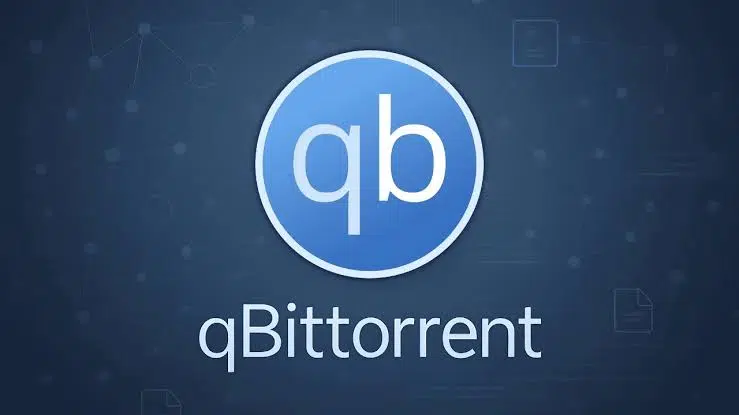
qBittorrent is the closest match to what uTorrent used to be before ads and bundled software took over. It is open-source, completely free, and has no hidden add-ons during the installation process. The interface mirrors uTorrent’s classic look, making it familiar to new users while staying clean and efficient. In my tests, it consistently achieved high download speeds while maintaining low RAM and CPU usage. Startup time was just a couple of seconds, compared to over eight seconds with modern uTorrent.
From a feature standpoint, qBittorrent covers everything most users need. It supports sequential downloading for media files, has an integrated search engine, offers advanced bandwidth scheduling, and handles magnet links flawlessly. Privacy settings are robust, featuring built-in IP filtering, proxy configuration, and support for VPN connections. Regular updates from its active developer community ensure it remains stable and secure.
The trade-off is that some of its advanced features require configuration to get optimal results. For example, adjusting connection limits or enabling anonymous mode is not something beginners will do automatically. Still, for the majority of users seeking a reliable, ad-free torrent client, qBittorrent is the most balanced and dependable replacement for uTorrent.
Transmission — The lightweight champion
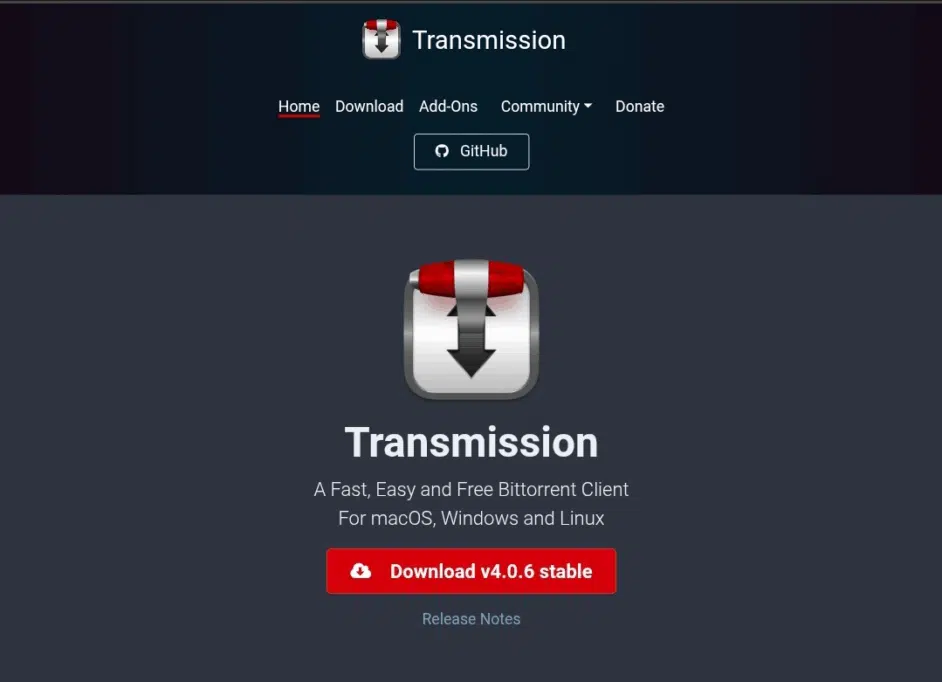
Transmission takes a different approach from most torrent clients by focusing on simplicity and efficiency. The installation is only a few megabytes, and once running, it uses very little memory, like around 25MB in my tests. Despite its small footprint, it delivered excellent download speeds and remained stable throughout long sessions. For users who want a torrent client that runs quietly in the background without unnecessary features, Transmission is a strong option.
Its biggest strength is cross-platform consistency. Whether you’re on Windows, macOS, or Linux, the interface remains the same. It’s minimalist, straightforward, and distraction-free. It also includes a web interface and command-line tools, which make it useful for remote management and automation on servers or seedboxes. Features such as automatic port mapping and efficient peer selection enhance performance without requiring extensive configuration.
The drawback is a lack of advanced functionality. There’s no built-in search engine, limited scheduling options, and fewer customization possibilities compared to clients like qBittorrent or Deluge. For users who require automation or advanced filtering, Transmission may feel too basic. However, if your priority is speed, stability, and low resource usage, it delivers precisely what it promises.
Deluge — The modular powerhouse
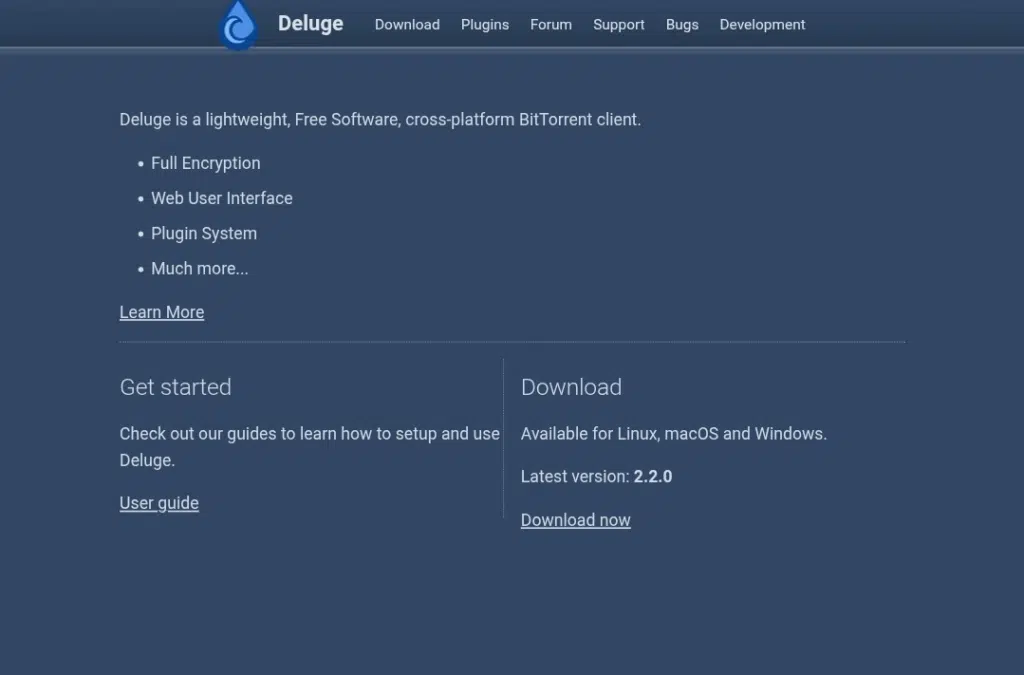
Deluge is designed for users who want more control and customization from their torrent client. Unlike most others, it uses a plugin-based architecture, which means its core remains lightweight but can be expanded with dozens of official and community plugins. In testing, Deluge performed well with both small and large torrent collections, handling 500+ active torrents without crashing or slowing down. Resource usage was higher than that of Transmission, but still within a reasonable range for a feature-rich client.
The real advantage of Deluge is its flexibility. It can run as a simple desktop client or as a background daemon that other interfaces connect to, making it popular for seedboxes, NAS devices, and advanced home setups. Plugins add everything from RSS automation and media center integration to detailed bandwidth management. This modular design makes Deluge adaptable to almost any use case, from casual downloading to professional-grade setups.
That flexibility comes with a learning curve. New users may find the interface less intuitive than qBittorrent or Transmission, and some plugins require manual configuration. Stability also depends on the plugins being used, as poorly maintained ones can cause issues. Still, for advanced users who want a torrent client that grows with their needs, Deluge is one of the most capable options available.
BiglyBT — The privacy-focused fork
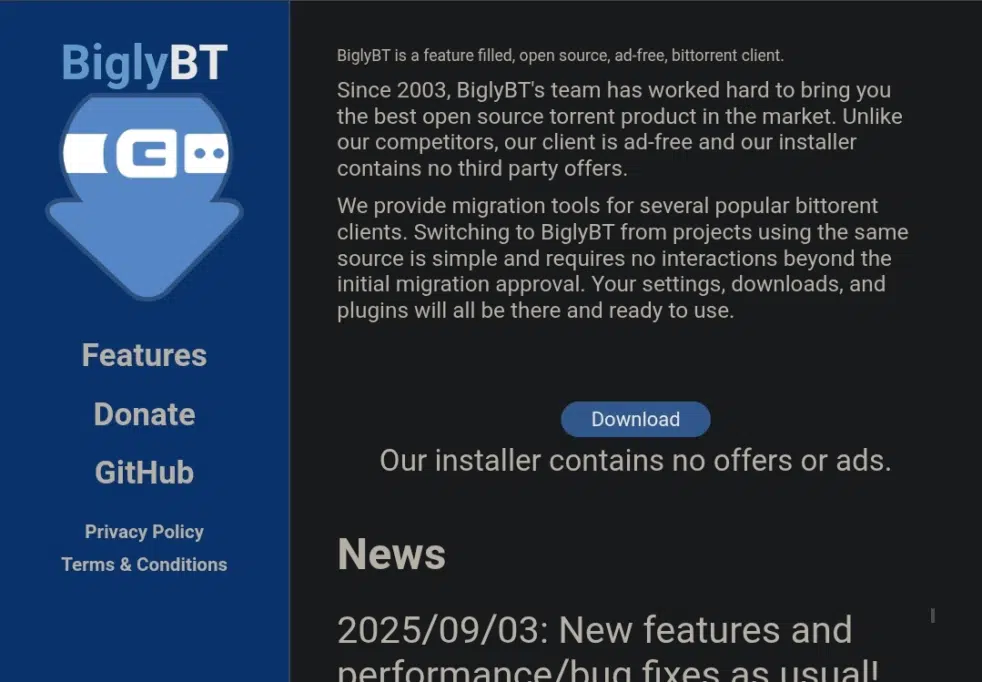
BiglyBT is a fork of the older Vuze client, created to remove ads and shift the focus toward privacy and advanced features. Being open-source, it offers transparency, and during installation, there are no hidden extras or bundled software. In use, it performed reliably, though its Java-based design means it requires more memory than lighter options. With 30MB+ RAM usage at idle and scaling higher with multiple torrents, it is not the most resource-efficient client.
Where BiglyBT stands out is in its privacy tools. It includes built-in VPN detection, advanced IP filtering, geoblocking, and even anonymous peer-to-peer chat. For users in regions where torrenting activity is closely monitored, these tools add an extra layer of security. The client also offers advanced statistics, swarm merging to improve download speeds, and extensive tag-based organization for managing large torrent libraries.
The downside is its complexity. The interface is dense and can overwhelm casual users who are looking for a lightweight alternative to uTorrent. Startup is slower compared to minimal clients, and overall performance is heavier on system resources. Still, for users who prioritize privacy features and don’t mind a steeper learning curve, BiglyBT delivers capabilities that very few torrent clients can match.
Tixati — The feature-rich alternative
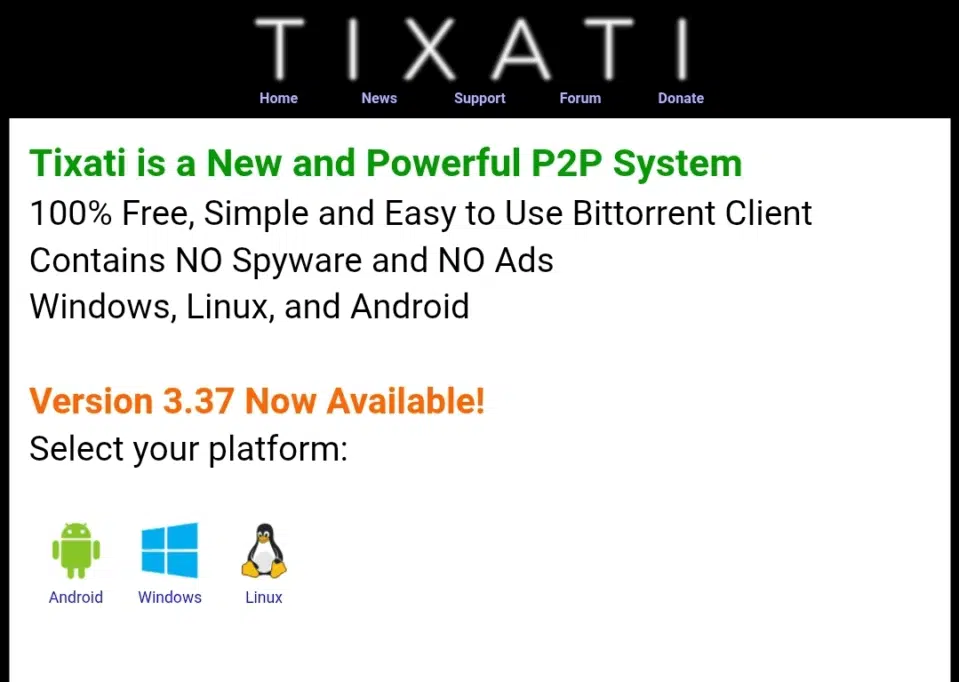
Tixati is a closed-source torrent client known for packing in a wide range of advanced features without the ads or bloatware associated with uTorrent. Installation is straightforward, and the client launches quickly. In my tests, it maintained excellent download speeds and proved stable even during extended sessions with many active torrents. Its resource usage was moderate, higher than Transmission or PicoTorrent but lower than Vuze.
The most distinctive aspect of Tixati is its interface, which emphasizes detailed data and control. It provides bandwidth graphs, peer analysis tools, and customizable scheduling options. Advanced users will also appreciate its powerful RSS system for automation, event scheduling, and comprehensive magnet link management. Unlike most open-source alternatives, Tixati employs a more centralized development approach, which enables consistent updates and stability.
However, there are drawbacks. Because it is closed-source, the code cannot be audited, raising privacy concerns for users who want complete transparency. It is also banned on some private trackers, which limits its usefulness in certain communities. The interface, while powerful, can feel cluttered for beginners. For those who value features and control above everything else, though, Tixati offers a level of depth that few other clients provide.
PicoTorrent — The ultra-minimal option

PicoTorrent is a Windows-only torrent client designed for users who want the smallest possible footprint. The installation size is just a few megabytes, and during testing, it consistently used less than 20MB of RAM while maintaining fast download speeds. Startup was nearly instant, making it one of the most responsive clients on this list. Despite its minimal design, it handled multiple torrents reliably without slowing down the system.
Its interface follows native Windows design principles, which makes it blend naturally into Windows 10 and 11 environments. It includes essential features such as magnet link support, encryption, and basic configuration options. High-DPI support ensures it looks sharp on modern displays, and its simplicity means users can start downloading immediately without a learning curve. For resource-constrained systems, PicoTorrent offers clear advantages.
The issue is its limited scope. There are no plugins, no built-in search, and no advanced automation tools. Cross-platform users will also find it restrictive, as it is only available on Windows. For users who need advanced customization or privacy features, PicoTorrent will not be enough. However, for Windows users seeking a clean, fast, and extremely lightweight torrent client, it is one of the most efficient options available.
Vuze — The media-focused client
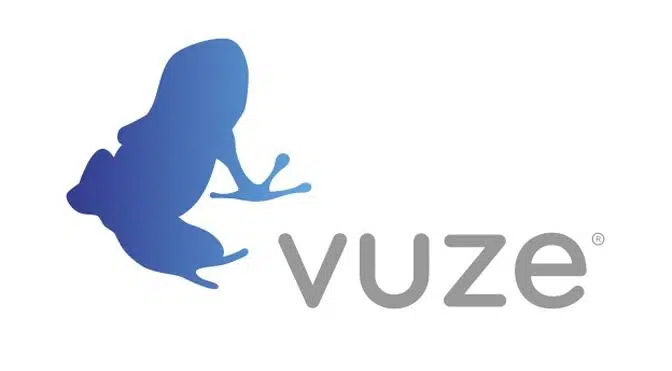
Vuze is one of the oldest torrent clients still in use and is known for its extensive media features. Unlike minimal clients, it integrates tools for playing downloaded content, transcoding files for mobile devices, and even discovering new content through built-in search and recommendation systems. In my tests, it offered strong download performance once configured, though it consumed significantly more system resources than most other clients, averaging 60MB+ of RAM.
The main advantage of Vuze is its all-in-one approach. Users who want to download and manage media without switching between applications will find the media player and streaming helpful integration. It also provides options for automation, such as RSS feeds, and supports plugins to extend its functionality further. For users who require more than just a basic torrent client, Vuze provides a comprehensive suite of tools.
However, this approach comes at a cost. The interface is busy, some features require creating an account, and the overall experience is heavier than leaner clients like Transmission or PicoTorrent. While it has a free version, some advanced features are locked behind a paid upgrade. For users specifically interested in media management alongside torrenting, Vuze remains relevant, but for those seeking simplicity or efficiency, other clients are better suited.
Rankings and best for categories
After comparing performance, features, and usability, the seven clients fall into clear categories. While each has strengths, some are better suited for specific user needs.
Overall Winner — qBittorrent
qBittorrent scored highest thanks to its strong balance of speed, clean design, and advanced features without ads or bundled software. It is the best option for most users switching from uTorrent.
Best Lightweight Option — Transmission
For users who want a client that consumes almost no resources while maintaining stability, Transmission is the most efficient choice. Its minimalist approach makes it ideal for background use on desktops or servers.
Best for power users — deluge
Deluge’s plugin-based architecture allows for nearly unlimited customization. It is the best pick for advanced setups, seedboxes, and users who require automation.
Best for privacy — bigly bt
BiglyBT includes the most extensive privacy features, with VPN integration, IP filtering, and anonymization tools. It is well-suited to users in regions with strict torrent monitoring.
Best for Windows — PicoTorrent
PicoTorrent is explicitly designed for Windows, offering a lightweight, fast, and native-feeling client. It is ideal for users who want minimal system impact without sacrificing speed.
Best Feature Set — Tixati
Tixati offers a comprehensive set of advanced scheduling, automation, and monitoring tools. While closed-source, it provides exceptional control for users who prioritize functionality over openness.
Best for Media Integration — Vuze
Vuze is the only client that combines torrenting with built-in media playback and transcoding. It is best for users who want an all-in-one media hub, despite its heavier system demands.
Final Takeaways
- qBittorrent is the best overall replacement for uTorrent, offering speed, features, and reliability without ads or bloat.
- Transmission and PicoTorrent are ideal for users who want lightweight clients that run quietly without draining system resources.
- Deluge, BiglyBT, Tixati, and Vuze serve niche needs, from power-user customization to privacy-first torrenting and media integration.
Conclusion
uTorrent’s decline into ad-heavy, resource-hungry software has left many users seeking better alternatives. After testing seven alternatives, it’s clear you don’t need to compromise on speed, security, or usability to leave uTorrent behind. qBittorrent is the best overall choice for most users, while Transmission, Deluge, BiglyBT, and others each serve specific needs depending on what you value most.
The important step is to download your chosen client from its official site, configure it for optimal performance, and make the switch. Once you migrate your torrents and uninstall uTorrent, you’ll gain a cleaner, faster, and more secure torrenting experience.
If you’ve used any of these clients or have another torrent client you recommend, share your experience in the comments.

